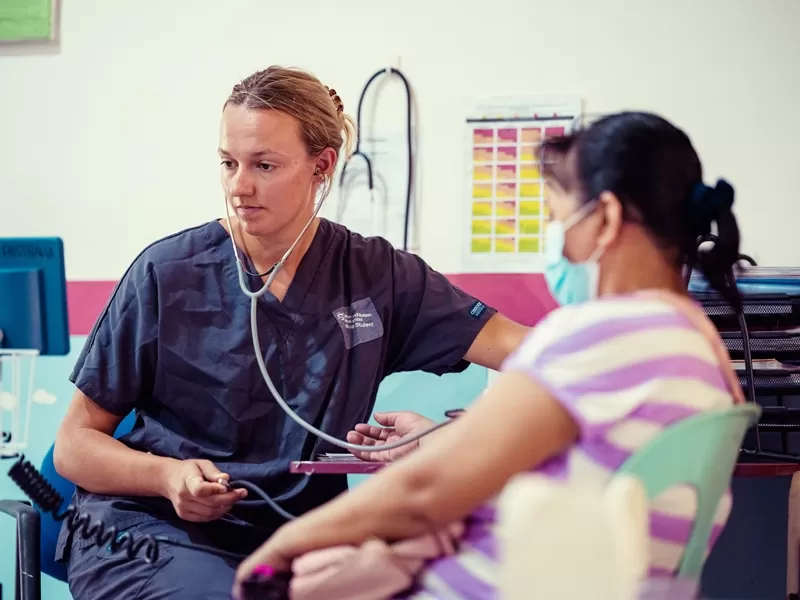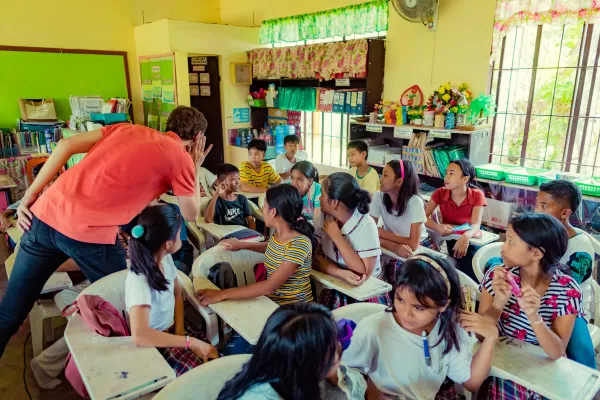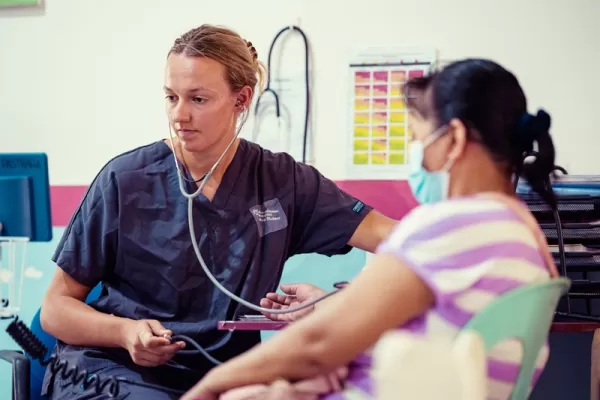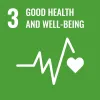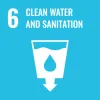Overview
Il Rural Medical Volunteer Program nelle Filippine è dedicato a fornire assistenza medica alla gente del posto, nonché ad acquisire una prospettiva sulla situazione sanitaria nelle Filippine. Con questo progetto, i volontari VolSol hanno l'opportunità di lavorare in cliniche sottofinanziate situate nelle aree rurali fuori Tacloban City. Si tratta fondamentalmente di cliniche rurali e devono far fronte a una carenza di manodopera e mani esperte. I nostri volontari saranno tenuti ad assistere il personale della clinica e i medici nelle normali attività sanitarie.
Fare volontariato presso una clinica sanitaria rurale è un'opportunità per aiutare a fornire assistenza medica alla gente del posto, nonché per acquisire una prospettiva sulla situazione sanitaria nelle Filippine. I volontari sono in grado di assistere con consulenze, vaccinazioni, controlli prenatali, parti naturali, missioni mediche, se presenti, visite al villaggio e programmi sanitari della comunità.
I volontari medici possono avere un impatto significativo sulla vita della gente del posto lavorando nelle cliniche e fornendo loro servizi medici gratuiti. Il lato positivo è che i volontari possono esibirsi in una fossa di pressione, spingendosi oltre i propri limiti e acquisendo anche conoscenze pratiche. Questa è un'opportunità speciale di volontariato medico nelle aree rurali in cui i volontari vengono coinvolti in altri progetti di sanità pubblica, come la missione medica annuale o il controllo medico annuale per tutti i bambini iscritti a vari progetti di sviluppo sociale. Facendo volontariato in questo sito, gli studenti che intraprendono una carriera nell'assistenza sanitaria saranno in grado di acquisire una preziosa esperienza. I professionisti affermati avranno l'opportunità di condividere le proprie conoscenze e competenze mentre apprendono le condizioni dell'assistenza sanitaria nelle Filippine.
Esempio di profilo di collocamento - Clinica sanitaria rurale Sta Fe
La clinica si trova nella città di Sta. Fe. Si trova a sud-ovest di Tacloban City. La clinica è diretta dal medico di sanità pubblica che è un medico generico. Ha anche un'infermiera di sanità pubblica regolare e un dentista ospite. Ha alcune ostetriche.
La Sta. Fe Rural Health Clinic è una clinica gratuita che serve l'intera comunità di Sta. Fe. È una struttura sanitaria gestita dal governo che accetta pazienti di tutte le età, in genere coloro che non possono permettersi di vedere medici specialisti. È aperta nei giorni feriali, dal lunedì al venerdì dalle 8:00 alle 17:00, tranne nei giorni festivi. Le visite generali vengono effettuate tre volte al giorno. La sua unità di parto è tuttavia aperta 24 ore su 24, 7 giorni su 7 per soddisfare le esigenze delle madri in attesa del parto.
Come struttura sanitaria primaria, effettua consulenze generali, interventi chirurgici minori, vaccinazioni, controlli prenatali, parto normale e salute della comunità (visite al villaggio). La clinica per il parto è in atto per soddisfare le esigenze delle madri che devono partorire normalmente. Una volta stabilito che la madre deve sottoporsi a taglio cesareo, verrà indirizzata all'ospedale pubblico più vicino.
I volontari lavorano insieme a infermieri, ostetriche e al medico. L'orario di lavoro del volontario è di almeno 4 ore al giorno dal lunedì al venerdì, dalle 8:00 alle 12:00, tranne durante le festività. Durante le visite al villaggio, l'orario di lavoro è solitamente esteso fino al pomeriggio.
Orario di lavoro volontario
Orario di lavoro volontario
Un tipico programma di volontariato nell'ambito di questo programma è il seguente:
Sabato/Domenica - Arrivo
Lunedì - Orientamento. Il coordinatore locale terrà una sessione di orientamento, che coprirà argomenti quali sicurezza, cultura, lingua, luoghi da visitare, comportamento, cibo e altri suggerimenti su cosa fare nelle Filippine
Dal lunedì al venerdì - Lavoro volontario
Colazione - 6:00 am
Lavoro volontario - dalle 08:00 alle 12:00 in genere
Pranzo - Dopo l'orario di lavoro al progetto (i volontari devono organizzare il pranzo a proprie spese. Possono scegliere di andare a casa e cucinare per il pranzo o possono acquistare un pasto in uno dei punti ristoro più vicini.)
Cena - dalle 18:00 in poiFine settimana - Liberi di esplorare la città
Lo stesso programma di volontariato continua dalla seconda settimana in poi
Nota: si prega di notare che il programma potrebbe variare a seconda del progetto specifico a cui partecipa il volontario.
Ruoli e responsabilità dei volontari
Ruoli e responsabilità dei volontari
I volontari utilizzano le loro competenze e competenze mediche per gestire le attività quotidiane presso la clinica. Alcune delle attività che svolgerai (non limitate a questa):
Assistere il medico locale nelle visite quotidiane
Aiutare con iniziative basate sul governo locale come vaccinazioni o sverminazione
Visitare i barangay locali durante le consultazioni cliniche della comunità
Condurre workshop (a seconda della loro esperienza)
Effettuare consultazioni cliniche comunitarie visitando le comunità locali
I volontari possono anche avere l'opportunità di assistere a seminari prenatali e altri workshop sanitari basati sulla comunità
Aiutare nelle procedure di nascita e nei parti
La natura del coinvolgimento di un volontario presso la clinica dipende dalla sua qualifica e dalle sue competenze. Normalmente, un volontario aiuta a raccogliere informazioni e parametri vitali del paziente. Un volontario qualificato può aiutare con le vaccinazioni. Il controllo prenatale viene eseguito manualmente ed è qualcosa che il volontario può anche imparare a fare. Le visite ai villaggi sono un'ottima opportunità per osservare le aree rurali e assistere nella fornitura di servizi medici. È anche una buona opportunità per tenere brevi lezioni sulla salute o distribuire opuscoli su importanti questioni sanitarie.
Uno studente di medicina volontario trascorre più tempo ad assistere e seguire il medico, sebbene lavori anche con gli altri membri dello staff. Un medico volontario lavora a fianco del medico locale durante la visita. È particolarmente utile quando il medico non è presente, il che accade troppo spesso. Con l'aiuto di un membro dello staff locale, solitamente un'infermiera che traduce, al medico volontario viene data la responsabilità di visitare i pazienti. Un medico può anche avviare il trasferimento di conoscenze tramite workshop o capacity building.
Project Requirement
Project Requirement
I volontari devono avere 18 anni o più al momento dell'adesione al progetto e devono essere flessibili e aperti a lavorare in un ambiente nuovo e stimolante. I volontari medici devono fornire un rapporto di controllo dei precedenti penali pulito, CV, copia del passaporto e altri documenti e credenziali relativi alle loro qualifiche prima di aderire al programma. Studenti di medicina, medicina, infermieristica, studenti di ostetricia, CNA, ostetriche, infermieri e dottori possono aderire al programma. Tutti i volontari devono aderire all'abbigliamento professionale mentre sono nelle cliniche. Il progetto ha un requisito di partecipazione minimo di 2 settimane.
Schedule a Google Meet with a Program Advisor
Interested in our programs? We're here to provide expert guidance
- Get Detailed Info
- 20 min One -on-One meeting
- Get expert advise
- Application Guidance
Photo Gallery
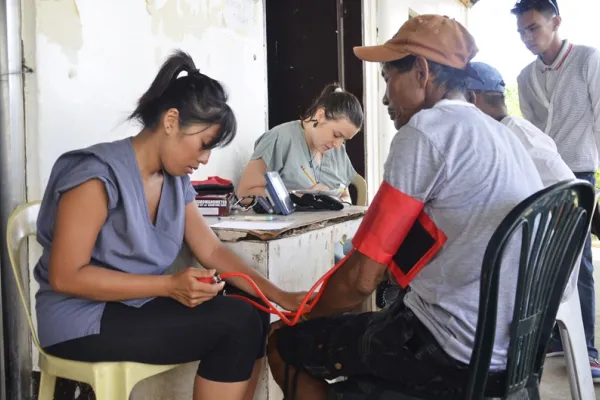
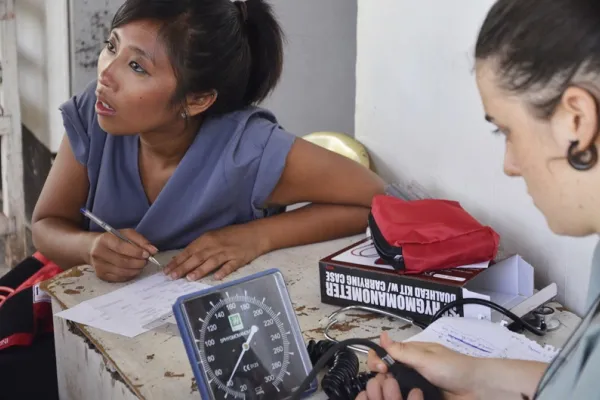
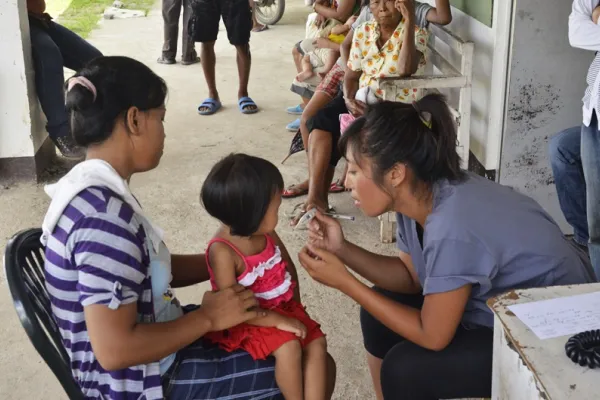
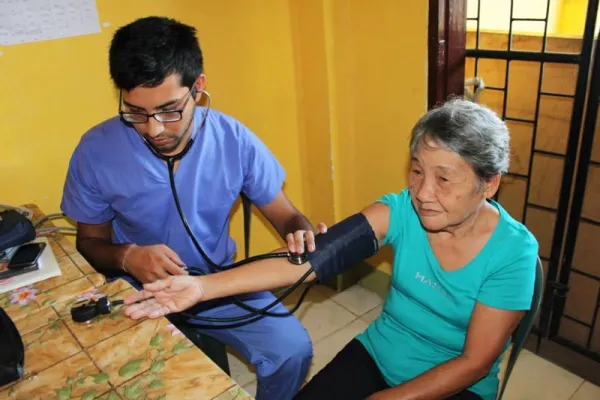
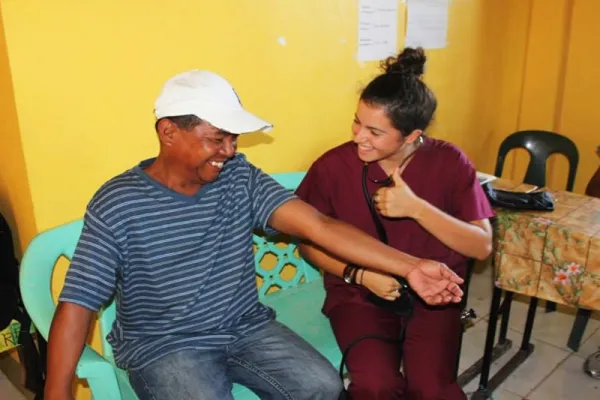
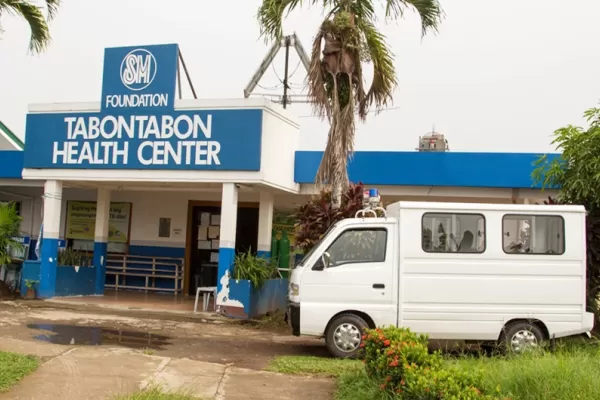
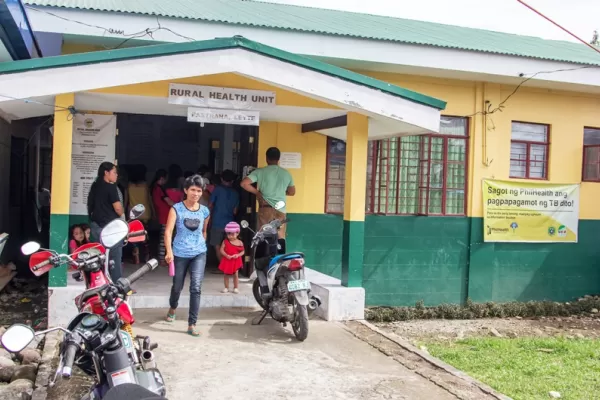
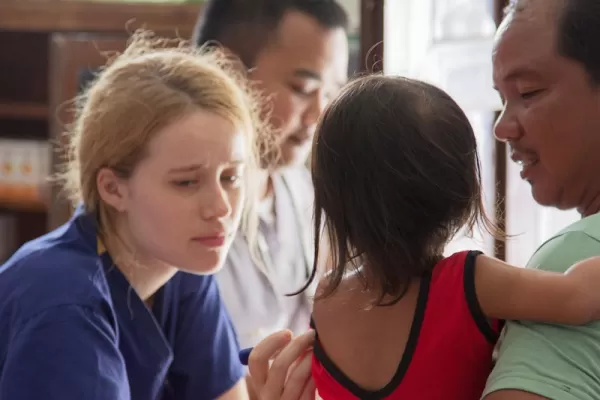
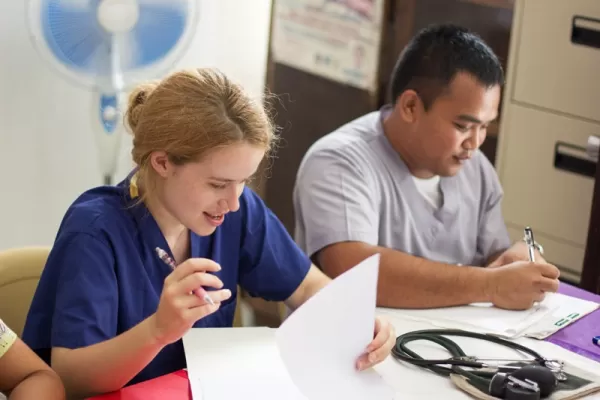
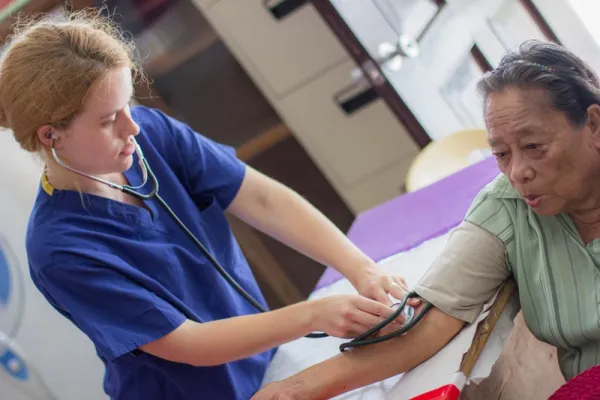
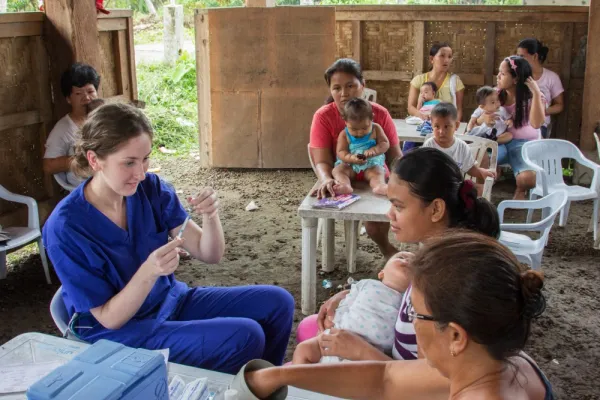
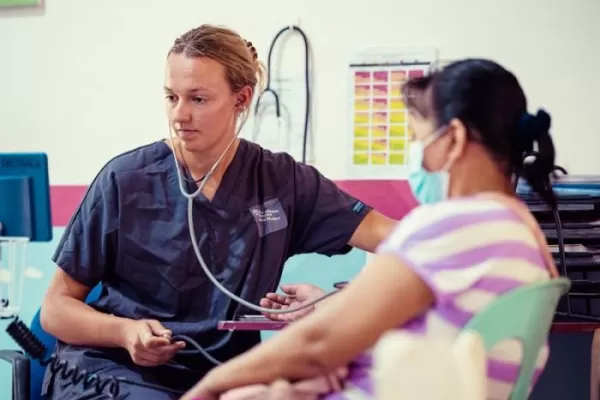
Living
Living
Volunteering Solutions ti aiuta a concentrarti sul tuo lavoro di volontariato, mentre noi ci occupiamo del trasferimento aeroportuale, dell'alloggio, dei pasti e dei viaggi del fine settimana. Quindi vieni con una mente aperta e rilassata e parti rinfrescato.
Trasferimento aeroportuale
I volontari vengono prelevati e lasciati all'aeroporto di Tacloban da un rappresentante locale del personale. I volontari devono arrivare un giorno prima della data di inizio del programma.
Alloggio
I volontari vivranno con famiglie ospitanti che risiedono nell'area di Tacloban. Le famiglie ospitanti sono state accuratamente valutate prima di essere accettate nel nostro programma di alloggi in famiglia. hanno esperienza nell'accogliere volontari internazionali. Prima del tuo arrivo, riceverai un profilo che delinea le specifiche della tua famiglia ospitante.
La tua famiglia ti accoglierà nella loro casa e ti tratterà come un membro della famiglia. Vivendo con loro, potrai sperimentare la cultura filippina e partecipare alle loro attività quotidiane. Mangerai lo stesso cibo che stanno mangiando loro, anche se la tua famiglia ospitante sa cosa piace mangiare agli stranieri.Se hai esigenze dietetiche particolari, è meglio informarci in anticipo in modo che possiamo soddisfare le tue esigenze. Ti verranno serviti solo due pasti al giorno, colazione e cena. La tua famiglia ti fornirà anche acqua potabile filtrata, poiché è meglio non bere l'acqua del rubinetto. Tutte le famiglie hanno elettricità e acqua corrente. Avrai una stanza privata da solo o condivisa con un altro volontario. Ti viene anche fornita una zanzariera e un ventilatore elettrico. Il bagno o toilette, comunemente chiamato “comfort room o CR” sarà condiviso da tutti i membri della famiglia.
La sistemazione in bagno è di base e il volontario farà bagni freddi con secchi perché le docce calde non sono comuni nelle case filippine - non preoccuparti troppo perché i bagni freddi con secchi sono spesso rinfrescanti dopo essere stati al caldo tropicale tutto il giorno. Infine, i volontari dovranno anche abituarsi al canto dei galli ancor prima dell'alba.
Orientamento
A tutti i volontari viene fornito un orientamento sulla cultura locale filippina, il dialetto locale, le linee guida sulla sicurezza, il progetto e il ruolo e le responsabilità dei volontari da parte del personale locale.I volontari ricevono anche un tour locale della città di Tacloban e di tutte le importanti attrazioni turistiche della città.
Pasti
Durante il tuo tempo come volontario, ti verranno forniti due pasti al giorno (colazione e cena) dalla tua famiglia ospitante. A parte questo, l'accesso all'acqua potabile sarà fornito anche dalla tua famiglia ospitante. Tutti i pasti saranno serviti con riso e in genere includono pesce, pollo o maiale. Gli alloggi in famiglia possono soddisfare speciali restrizioni dietetiche, tuttavia, è necessario includerlo nel modulo di domanda.
Durante il tuo tempo libero
Il gruppo di coordinamento locale nelle Filippine organizza due escursioni per i volontari. In uno dei viaggi, i volontari visitano le aree di interesse locale come il Ponte San Juanico, il Santuario di Santo Nino e il MacArthur Landing Memorial Park. I volontari avranno l'opportunità di sperimentare la bellezza naturale dell'isola tropicale di Leyte.
Dates
Dates
January
05
12
19
26
February
02
09
16
23
March
02
09
16
23
30
April
06
13
20
27
May
04
11
18
25
June
01
08
15
22
29
July
06
13
20
27
August
03
10
17
24
31
September
07
14
21
28
October
05
12
19
26
November
02
09
16
23
30
December
07
14
21
28
January
04
11
18
25
February
01
08
15
22
March
01
08
15
22
29
April
05
12
19
26
May
03
10
17
24
June
07
14
21
28
July
05
12
19
26
August
02
09
16
23
30
September
06
13
20
27
October
04
11
18
25
November
01
08
15
22
29
December
06
13
20
27
Available
Filling Fast
Booked Out
Costs
| Duration |
Program Fee
|
Choose your currency
|
|---|---|---|
| 2 Weeks | $890 | |
| 3 Weeks | $1040 | |
| 4 Weeks | $1190 | |
| 5 Weeks | $1340 | |
| 6 Weeks | $1490 | |
| 7 Weeks | $1640 | |
| 8 Weeks | $1790 | |
| Extra Week | $200 |
Please Note: An application fee of is charged over and above the program fee as an application payment. A 5% international banking fee is charged for credit card payments of program fee in USD/AUD.
Per cosa stai pagando?
- Prelievo e rientro in aeroporto
- Orientamento di benvenuto – Orientamento al programma
Tour della città e orientamento al tirocinio - Sistemazione in una famiglia ospitante filippina
- 2 pasti al giorno
- Pacchetto informativo dettagliato prima della partenza
- Posizionamento del progetto
- Assistenza e supporto 24 ore su 24 da parte del personale in loco
- Assicurazione di viaggio e medica (disponibile a un costo aggiuntivo)
- Certificato di partecipazione (su richiesta)
Cosa NON è incluso?
- Visa
- Vaccinazioni
- Voli
- Trasporto locale
- Spese personali
FAQ's
Application and Program Details
-
What are the program locations in Philippines?
-
The projects are based in Tacloban City on the island of Leyte in Eastern Visayas. Tacloban is approximately 360 miles southwest of Manila and is well-known as the site of U.S. General Douglas MacArthur’s Leyte Gulf Landing, which marked the start of a fierce campaign to regain the Philippines from Japan during World War II.
-
Can I volunteer as part of a group?
-
Yes, you are welcome to take part in Tacloban Volunteer Program as part of a group. We welcome families, friends, high school students, college/university and corporate groups to volunteer together in the Philippines program. We can provide customized group volunteering opportunities depending on the group’s requirements and suitability.
-
Can I know more about Tacloban?
-
Tacloban also is the site of the prestigious San Juanico Bridge, which is the longest bridge in the Philippines. This bridge connects the islands of Leyte and Samar and is a key link in the Pan-Philippines Highway, which connects the Philippines islands of Luzon, Samar, Leyte and Mindanao through a network of roadway, bridges, and ferries.
Tacloban is the capital of Leyte Province and has a population of about 240,000. It is not a popular tourist destination and does not attract many foreign visitors. For this reason, Tacloban offers our international volunteers an opportunity to be immersed in a unique Asian culture. -
When do I need to arrive in Tacloban for my program? What will happen once I arrive in the city?
-
All volunteers need to arrive in Tacloban on the starting date of the program. Volunteers are picked up by the local coordinator or representative from Tacloban airport and are taken to the host family accommodation. Once you come out of the airplane, you will be directed to enter the airport terminal through the back of the building, as the airport is not fully repaired from the damages sustained during the typhoon in November 2013; though it is getting better. At the exit area, the local staff representative will be waiting for your arrival with a sign board. After receiving, you will be taken to the community where most homestays and the main local office are located. The ride is about 10 to 15 minutes long.
-
How long will it take to process my application? Will my application be accepted?
-
Usually, it takes around 10-12 working days for the application to be processed and placement to be confirmed. After the application is accepted, your placement document shall be updated in your account online and you can view the information in your account. The application acceptance depends on the availability of seats in the project as well as the eligibility criteria of the program (age, skills and experience etc.).
-
For how many hours will I volunteer every day?
-
Volunteers usually work for 5 to 6 hours a day depending on their program. You will have the weekend off so you can go to travel on weekends. However, volunteers need to be flexible, open minded and understand that work requirements can change as well on certain occasions.
-
When should I apply for the volunteer programs in Philippines?
-
For programs in the Philippines, it is advised to apply as soon as possible after you have decided on your choice of program and the desired dates. Every program has limited number of spots available and due to this reason, volunteers are requested to book their spot as soon as the dates are decided. We abide by the first come first serve policy.
-
Are there any necessary requirements to participate in the Philippines -Tacloban City volunteer programs?
-
Below are the necessary requirements to participate in the Philippines volunteer projects:
Volunteers must be 18 years or older at the time of joining the project.
Volunteers need to have an open mind and flexible attitude for working in a new and different environment. The volunteers should bring energy and enthusiasm to make a difference.
Participants must be in good health.
Participants need to provide a copy of their Resume/CV as well as Criminal Background Check Report for those participants working in projects with children.
Health and Safety
-
How safe is the Philippines and Tacloban City in general?
-
Tacloban City is a tourist friendly city and Philippines is a largely safe country. The Volunteers are, however, advised to travel in groups, not venture alone at nights and take the basic safety precautions. All volunteers must consult the coordinators before planning a night out and take the necessary safety tips, too. Leyte Island is generally safe for travelers. As with any other country, tourists and visitors must always take precautions when traveling abroad.
-
What immunizations/vaccinations will I need?
-
We recommend you to consult your physician or travel doctor before traveling to the Philippines. However, we recommend you take general vaccinations like
1. Hepatitis A and B
2. Typhoid
3. Malaria tablets
Yellow Fever vaccination is required for travelers who are arriving from, or have transited through, countries with risk of yellow fever transmission. -
Do I need to buy health insurance?
-
Yes, for all participants it is mandatory to have a travel medical insurance. Volunteers have the option to purchase Travel and Medical Insurance at a nominal extra cost from Volunteering Solutions. To provide the best option to our participants, we offer comprehensive insurance coverage in collaboration with a leading insurance provider.
Accommodation and Living
-
Would I have free time during my program ? Can I do sightseeing during my program ?
-
Volunteers do get weekends free for doing sightseeing and socializing with other volunteers in the program. Tacloban City has amenities for almost every kind of traveler, from the Robinsons Shopping Mall to beautiful sun-swept beaches on the outskirts of the City. What you get up to during your time off is completely up to you, however, our staff can provide you with help in planning your trip.
Volunteers also enjoy relaxing at the many beach resorts, most predominantly the Tadjaw beach resort near the municipality of Tolosa. For those of you that are looking further afield for more exciting opportunities, you can plan a weekend getaway to Cebu, or to visit the Chocolate Hills on Bohol or the Sohoton Caves on Samar. -
Will I have access to clean drinking water?
-
All homestay families will provide clean drinking water for their volunteers. Mineral water is also widely available in small shops throughout the neighborhood as well as at larger grocery stores. When being served water at restaurants it is always important to ask if the water is mineral water and if the ice is made from tap water.
-
Are there more expenses once I arrive in Tacloban City?
-
Your program fee does not cover your personal expenses. You will need to cover yourself for your personal expenses, such as local transport, telephone, the internet, shopping, sightseeing etc. However, you should carry around $50-$70 per week for your basic personal expenses. This amount can vary and you would need a higher amount if you go on different weekend trips out of town.
-
What all are included in the fee I pay?
-
You Program Fee includes your Pre-Departure booklet, airport pick-up once you arrive in the Philippines, orientation about the project and a city tour on the first day. It also includes your accommodation on same gender sharing basis as well as meals as mentioned in the program schedule.
We can arrange for airport drop at an extra cost. -
How do I get to the program location?
-
Your project coordinator will take you to your placement and introduce you to everyone after giving you a basic orientation about the program/city/culture etc.
Before starting your project, you will be given an extensive orientation that will include how to get to, and back from, your project; how to get to, and back from the downtown - the location of ATMs, restaurants, souvenir stores, and where money changers are, as well as a brief introduction to Filipino culture and etiquette.
The 'Jeepney', a colorful bus made from former U.S. Service vehicles is the most common form of transportation in the Philippines and covers short to medium sized journeys. This is the most common mode of transport for the volunteers in Tacloban.
For longer journeys, there are conventional buses, whilst motorcycles, tricycles, and private hire taxis, called 'Spider Cabs', can also be used for midrange journeys. If you're looking to just go down the road, you can ride a pedicab, a converted bicycle with attached sidecart. -
Can I know more about accommodation and food arrangements?
-
Volunteering Solutions arranges accommodation for volunteers with a local Filipino host family in the local community. Staying with a local family is exciting and a part of the cultural experience and immersion as you get to know about their way of life, customs and traditions.
These are screened, well respective members of the local community who have been accommodating volunteers for many years. You will be given either a private or shared bedroom in which you will have a secure luggage storage (bring your own padlock), mosquito neck and electric fan. You will also have access to safe drinking water.
We ask volunteers to be considerate regarding their electricity consumption.
Volunteers will be provided with two meals a day (breakfast and dinner), these meals will vary but will usually be traditional Filipino meals, be prepared to eat a lot of rice! -
Will I have access to the internet?
-
The local partner office currently has internet access and wifi capabilities, but volunteers should be mindful of their internet use since the staff members are also sharing the internet connections for general business operations. Volunteers can also visit a handful of coffee shops in downtown Tacloban (our volunteer coordinator will show you how to get to and from downtown during your city tour), which is a 15-25 minute ride from your homestay, that have wifi connection, as well as small internet cafes where you can pay per hour for computer/internet use.
Flights and Visa
-
Do I need a Visa to travel to Philippines?
-
Citizens of most countries can enter the Philippines and get a Visa on arrival at the airport for a period of 30 days. Your passport should be valid for a minimum period of 6 months from the date of entry into the Philippines. Visas can also be extended while you are in the Philippines. Volunteers participating in the long-term programs can apply for Visa beforehand at the nearest Philippines embassy.
-
What are the recommended airlines to fly to Tacloban, Philippines?
-
You will need to arrive in Manila and from there take a connecting flight to Tacloban City. Manila is well connected with direct flights from major international locations. The Daniel Z Romualdez Airport (Airport Code: TAC) in Tacloban is the main gateway from Manila and Cebu to the Visayas Region. AirAsia Zest, Pal Express, Philippine Airlines, and Cebu Airlines have flights from Manila to Tacloban.
Connect with Past Volunteers
-
How can I connect with past Volunteering Solutions alumni as well as other former and current volunteers ?
-
We encourage volunteers to get in touch with former Volunteering Solutions participants and also other program participants joining our projects. You are recommended to join thehttps://www.facebook.com/VolunteeringSolutions/">; Volunteering Solutions Facebook Page or Facebook">https://www.facebook.com/groups/VolunteeringSolutions/">Facebook Group to communicate with other participants.
To read alumni interviews from past participants, visit the Meet">https://www.volunteeringsolutions.com/meet-a-volunteer">Meet a Volunteer section on our website.


























